http://www.bbc.co.uk/news/uk-politics-32793642
UK and the EU: Better off out or in?
- 22 May 2015
- From the section UK Politics

David Cameron has promised a referendum on whether Britain should remain in the European Union by the end of 2017. Here is a summary of the key arguments for and against British membership.
Are there any viable options for Britain leaving the EU?
If Britain votes to leave the EU, it will have to negotiate a new trading relationship with what would now be a 27 member organisation, to allow British firms to sell goods and services to EU countries without being hit by excessive tariffs and other restrictions.Better off out: Britain could negotiate an "amicable divorce", but retain strong trading links with EU nations, say those campaigning for Britain's exit.
There are several potential scenarios:
- The Norwegian model: Britain leaves the EU and joins the European Economic Area, giving it access to the single market, with the exception of some financial services, but freeing it from EU rules on agriculture, fisheries, justice and home affairs
- The Swiss model: Britain emulates Switzerland, which is not a member of the EU but negotiates trade treaties on a sector-by-sector basis
- The Turkish model: The UK could enter into a customs union with the EU, allowing access to the free market in manufactured goods but not financial services
- The UK could seek to negotiate a comprehensive Free Trade Agreement with the EU, similar to the Swiss model but with better access for financial services and more say over how rules and standards are implemented
- The UK could make a clean break with the EU, relying on its membership of the World Trade Organisation as a basis for trade

What would be the impact on British jobs?
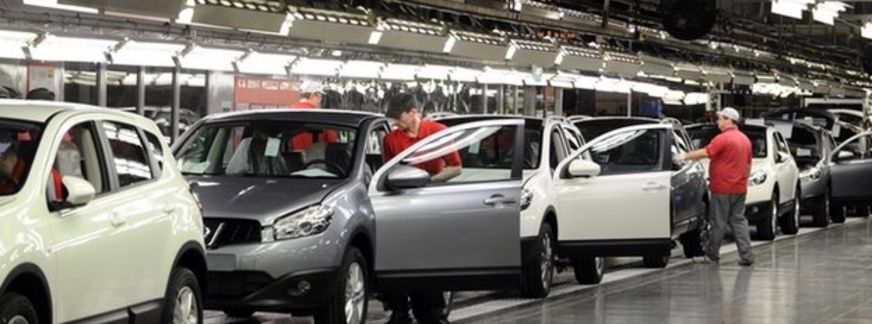
Better off out: There would be a jobs boom as firms are freed from EU regulations and red tape, say those arguing for an exit, with small- and medium-sized companies who don't trade with the EU benefiting the most. In its recent paper, the EU Jobs Myth, the free market Institute for Economic Affairs seeks to debunk the claim that 3-4 million jobs would be lost if Britain left. "Jobs are associated with trade, not membership of a political union, and there is little evidence to suggest that trade would substantially fall between British businesses and European consumers in the event the UK was outside the EU," it argues. "The UK labour market is incredibly dynamic, and would adapt quickly to changed relationships with the EU."
Better off in: Millions of jobs would be lost as global manufacturers moved to lower-cost EU countries. Britain's large, foreign-owned car industry would be particularly at risk. "The attractiveness of the UK as a place to invest and do automotive business is clearly underpinned by the UK's influential membership of the EU," said a KPMG report on the car industry last year. The financial services sector, which employs about 2.1 million people in the UK, also has concerns about a British exit. "The success of the UK financial services industry is to a large extent built on EU Internal Market legislation. To abandon this for some untried, unknown and unpredictable alternative would carry very significant risks," said global law firm Clifford Chance in a report by think tank TheCityUK last year.

What about the impact on the economy as a whole?

The best-case scenario, according to think tank Open Europe, is that the UK would be better off by 1.6% of GDP a year by 2030. That is assuming the UK carried out widespread deregulation after its exit and managed to strike favourable trade deals. The think tank adds: "A far more realistic range is between a 0.8% permanent loss to GDP in 2030 and a 0.6% permanent gain in GDP in 2030, in scenarios where Britain mixes policy approaches".
The Centre for Economic Performance, at the London School of Economics, says the worst-case scenario is a 6.3% to 9.5% reduction in GDP, "a loss of a similar size to that resulting from the global financial crisis of 2008/09". The best case, according to their analysis, is a loss of 2.2% of GDP, although it does not take into account as wide a range of factors as the Open Europe study.

What about immigration?
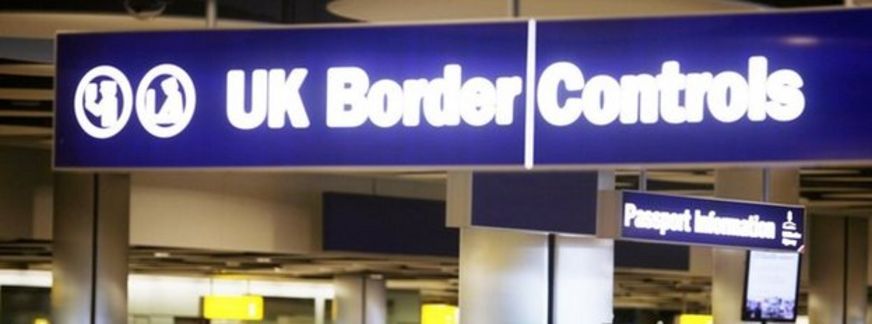
Better off in: Britain might have to agree to allow free movement of EU migrants as the price of being allowed access to the free market. In any case, pro-EU campaigners argue, immigration from the rest of the EU has been good for Britain's economy. The UK's growth forecasts are based, in part, on continued high levels of net migration. The independent Office for Budget Responsibility says the economy relies on migrant labour and taxes paid by immigrants to keep funding public services.

Would Britain save money in membership fees?

Better off out: The UK would save billions in membership fees, and end the "hidden tariff" paid by UK taxpayers when goods are exported to the EU, caused by red tape, waste, fraud and other factors.
Better off in: The UK's contribution to the EU budget is a drop in the ocean compared with the benefits to business of being in the single market.

What would be the effect on trade?
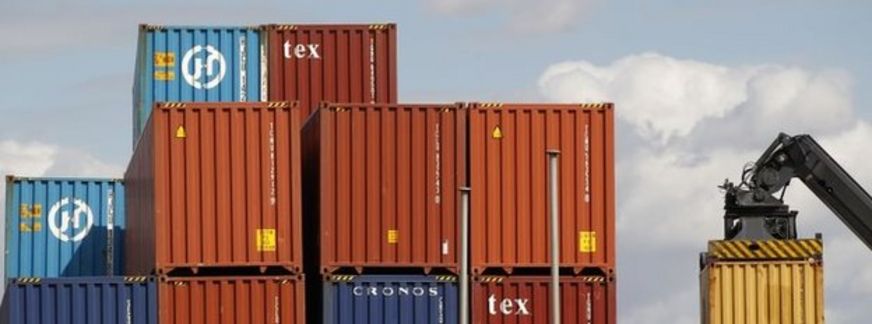
Better off in: The EU is the UK's main trading partner, worth more than £400bn a year, or 52% of the total trade in goods and services. Complete withdrawal from the EU would see trade barriers erected, with car exports to the EU, for example, facing a 15% tariff and imports a tariff of 10%. "The idea that the UK would be freer outside the EU is based on a series of misconceptions, that a medium-sized, open economy could hold sway in an increasingly fractured trading system dominated by the US, the EU and China; that the EU makes it harder for Britain to penetrate emerging markets; and that foreign capital would be more attracted to Britain's economy if it were no longer part of the single market," the pro-EU Centre for European Reform said in a recent report.

Would the UK's influence in the world change?
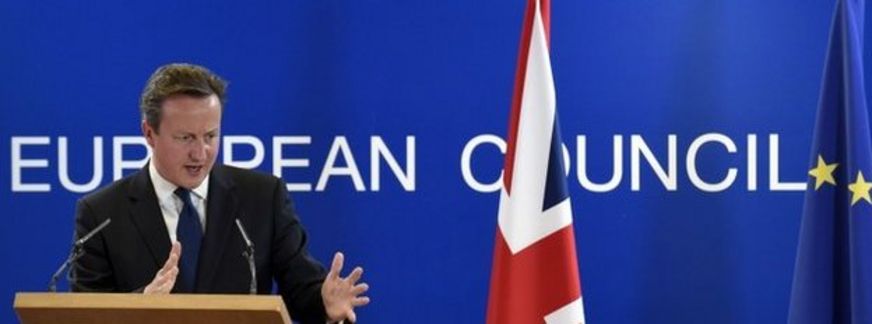
Better off in: Stripped of influence in Brussels, Berlin and Paris, Britain would find itself increasingly ignored by Washington and sidelined on big transnational issues such as the environment, security and trade. America and other allies want Britain to remain in the EU. The UK risks becoming a maverick, isolated state if it leaves.

What would happen to Britons working in Europe, and EU citizens working in the UK?

Better off in: A lot would depend on what kind of deal was reached with the other EU nations. Britons may have to apply for visas to enter EU countries and those already living there may face integration rules, such as proving they can speak the language before gaining long-term residency rights. There would also be uncertainty for many EU workers now paying taxes in the UK - what benefits, if any, would they be entitled to?

Would taxes change?
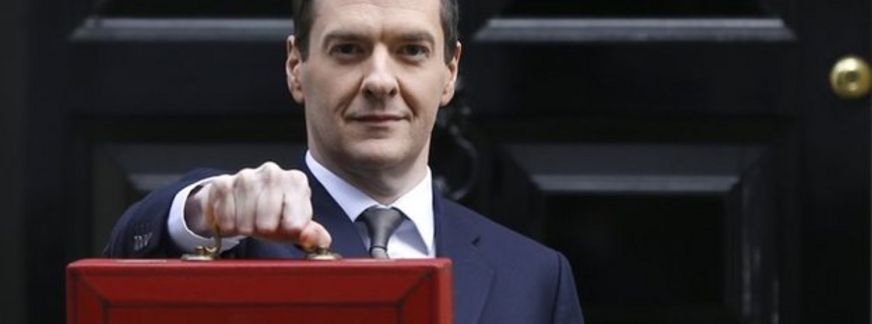
Better off in: "Tax avoidance and evasion will reach crippling levels as our economy becomes increasingly wholly owned by foreign multinationals that make tax avoidance in Britain central to their business strategy," argued the pro-European The Observer newspaper in an editorial.

Would Britain's legal system, democratic institutions and law-making process change?
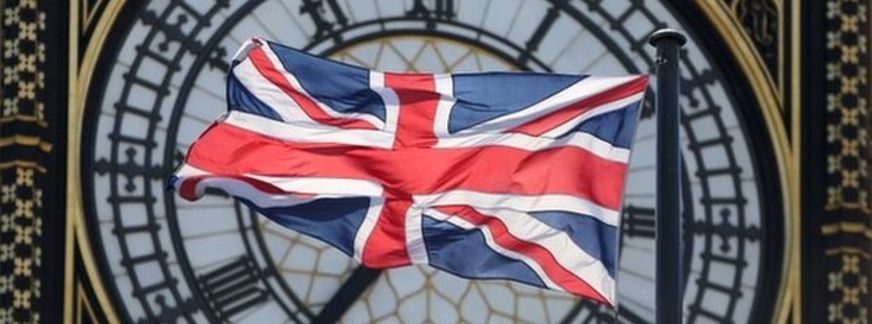
Better off in: Britons benefit from EU employment laws and social protections, which would be stripped away. Withdrawal from the European Arrest Warrant could mean delays for the UK in extraditing suspects from other European countries; and the UK already has some opt-outs from EU labour law, including the Working Time Directive.

No comments:
Post a Comment